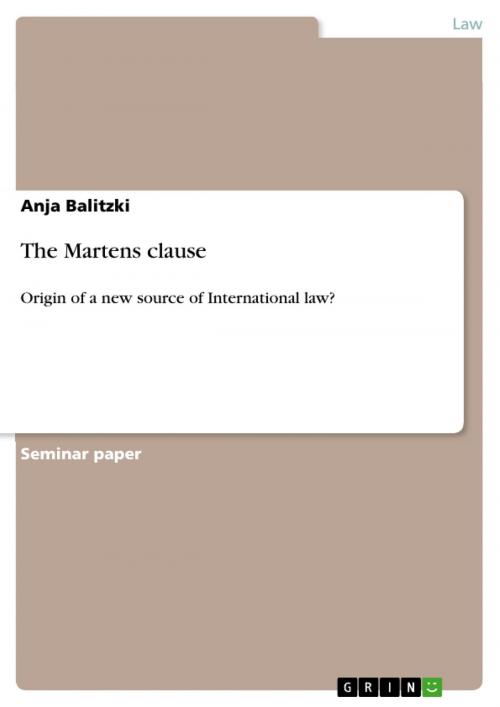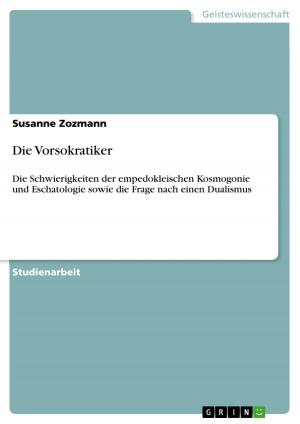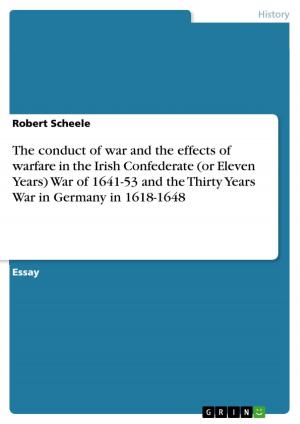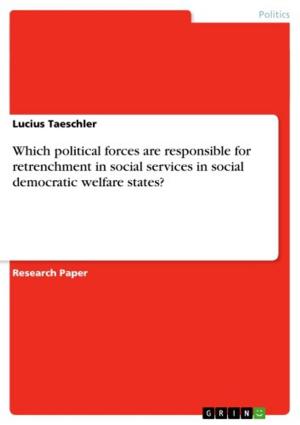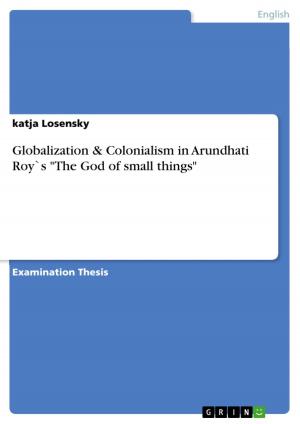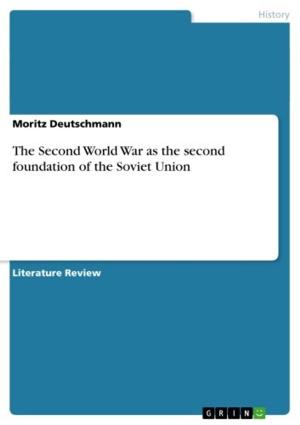The Martens clause
Origin of a new source of International law?
Nonfiction, Reference & Language, Law, International| Author: | Anja Balitzki | ISBN: | 9783640406241 |
| Publisher: | GRIN Publishing | Publication: | August 20, 2009 |
| Imprint: | GRIN Publishing | Language: | English |
| Author: | Anja Balitzki |
| ISBN: | 9783640406241 |
| Publisher: | GRIN Publishing |
| Publication: | August 20, 2009 |
| Imprint: | GRIN Publishing |
| Language: | English |
Seminar paper from the year 2007 in the subject Law - Comparative Legal Systems, Comparative Law, grade: 1,3, University of Bremen, language: English, abstract: Humanitarian law seems to become a more and more important topic in international law because of events like the war in Iraq and the increasing problems and differences between radical Islamic people and western states. There seems to be a change of attitudes as large parts of our society increasingly show that they are against wars, especially, when civilians and innocent people are wounded or even killed. The Martens clause could be an appropriate means to limit the force and brutality in wars and to remind states that they cannot do what they want and that there are principles, which must be respected, also concerning such situations. The emphasis of this paper lays on a legal examination of the clause and highlights its possible role as an independent source of international law. The author of this paper wants to explain today's meaning and scope of the Martens clause in humanitarian law and consequently its (possible) influence on the conduct of states.
Seminar paper from the year 2007 in the subject Law - Comparative Legal Systems, Comparative Law, grade: 1,3, University of Bremen, language: English, abstract: Humanitarian law seems to become a more and more important topic in international law because of events like the war in Iraq and the increasing problems and differences between radical Islamic people and western states. There seems to be a change of attitudes as large parts of our society increasingly show that they are against wars, especially, when civilians and innocent people are wounded or even killed. The Martens clause could be an appropriate means to limit the force and brutality in wars and to remind states that they cannot do what they want and that there are principles, which must be respected, also concerning such situations. The emphasis of this paper lays on a legal examination of the clause and highlights its possible role as an independent source of international law. The author of this paper wants to explain today's meaning and scope of the Martens clause in humanitarian law and consequently its (possible) influence on the conduct of states.
